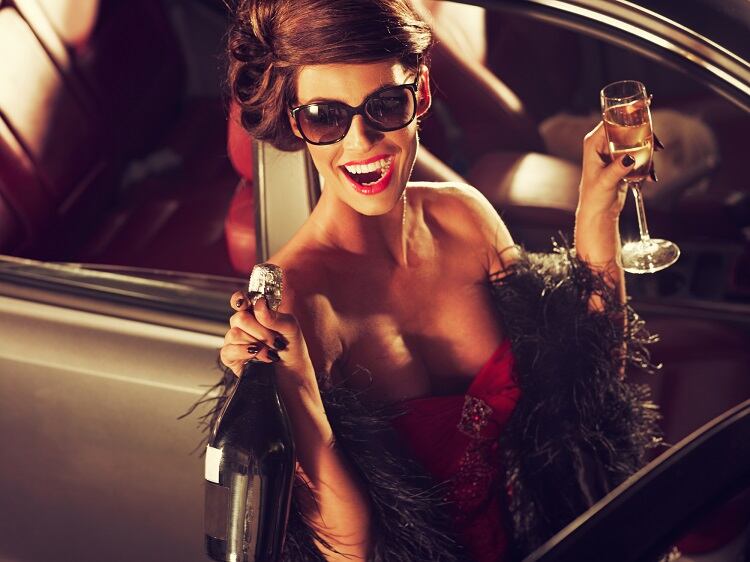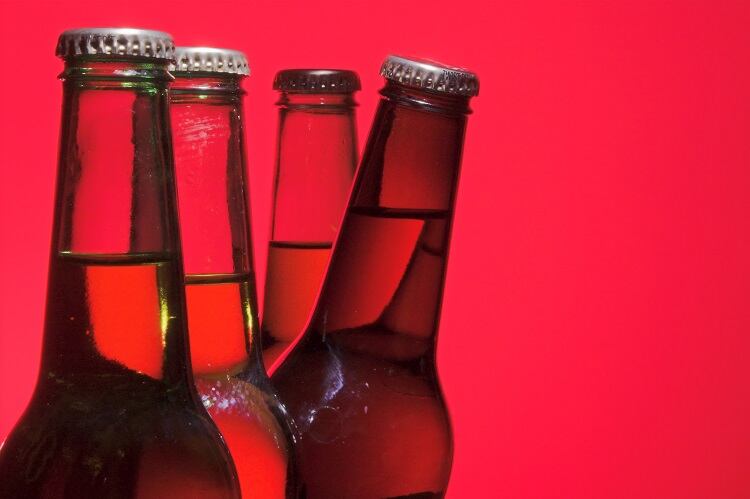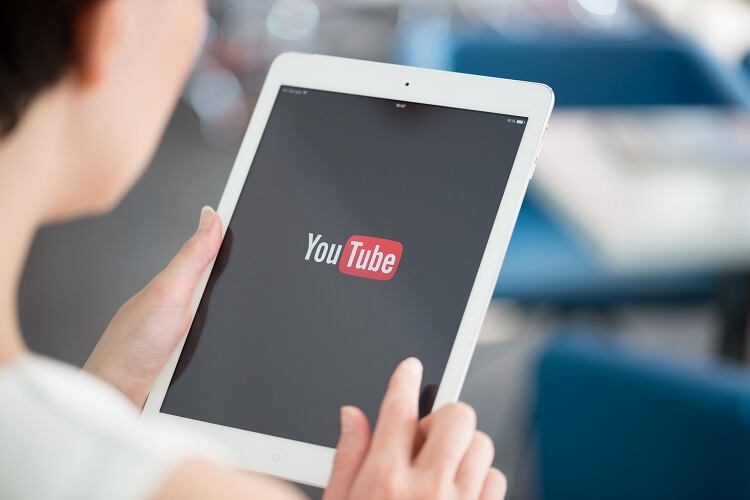Celebrity-backed or celebrity-owned beverage brands appear to be everywhere, whether that be oat milk major Oatly, backed by Oprah and Natalie Portman; actor Gillian Anderson’s adaptogen and nootropics-infused soft drink brand G Spot, or Prime drinks owned by influencers Logan Paul and Olajide ‘KSI’ Olatunji.
But celebrity endorsement of beverages is not a new phenomenon. According to alcoholic drinks market analyst firm IWSR, celebrity-backed or celebrity-owned drinks have been around for ‘decades’. The tipping point came when Casamigos Tequila – founded by actor George Clooney (also the face of coffee brand Nespresso) – was sold to alcohol major Diageo for a reported $1bn (€930k) in 2013.
“It wasn’t until Casamigos’ sale to Diageo that we saw an influx of celebrities enter the market with their own brands,” recalled Adam Rogers, research director – North America, at IWSR.
Dwane ’The Rock’ Johnson is another success story, having launched Teremana Tequila in 2020. The company recently surpassed sales of more than one million cases. David Beckham also associated himself with an alcohol brand when he became the face of Haig Club Whisky in 2014. “Whilst it may not have been his own brand, his consumers certainly didn’t differentiate and it’s always been seen as the David Beckham whisky – although he’s recently parted ways from the partnership,” explained Tom Harvey, co-founder of cross-Atlantic food and beverage marketing business YesMore Agency.
But not all celebrity endorsements go according to plan, and not all agree superstars should be promoting alcoholic drinks. Who wins and loses when fame is associated with beverage consumption?
How do celebrities and brands benefit from mutual association?
When celebrities back a drink product, they offer a lifestyle brand association. According to IWSR, this is appealing to stars whether they own or are simply associated with a beverage brand.
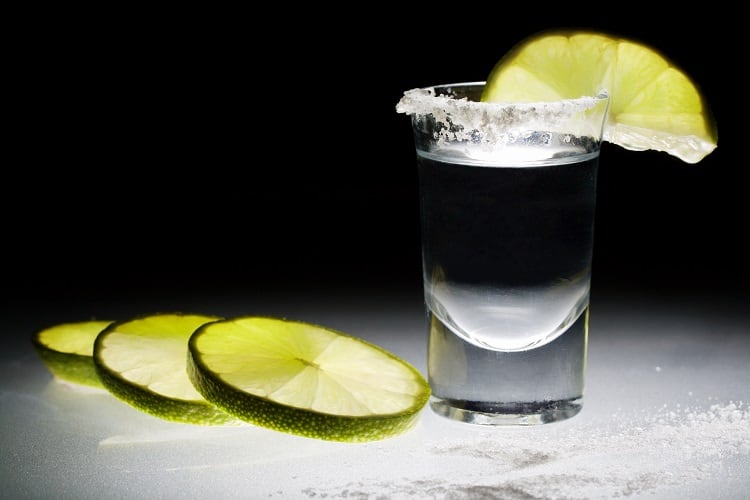
But reputation aside, the financial wins from brand association can also be attractive. If celebrities don’t invest in business, they only earn money from their time and presence, explained YesMore Agency’s Harvey. “Generally a celebrity is famous through sport, music, film or TV – which requires physical presence…So it makes sense to invest in things that can earn without your day-to-day involvement.
“I don’t think it’s unreasonable for celebrities to want to use their influence to fast-track the growth of a brand that can earn without them – long after society unfairly deems them too slow, old, ugly etc.”
As to how brands benefit from celebrity association, consumer audience can be a big factor. Since celebrities come with their own ready-made audience, that audience (and potential consumer base) can prove invaluable – particularly since a brand-new beverage product starts off with none.
“The audience is often large and already loyal to the celebrity. This means the expense of paying for, or giving equity to, a celebrity is worthwhile when compared to traditional forms of finding an audience via marketing expenditure,” explained Harvey.
From a publicity perspective, the ‘power of celebrity’ can work wonders when looking to get brands into the press, and the same goes for social media. “Invariably the celebrity will have a large social media following – and even their fan groups will have large followings – thus spreading that message far and wide.”
"The trend of celebrity-launched and backed drinks is popular due to the influence and reach of celebrities, as well as consumers' desire for unique and aspirational products. These collaborations can also bring attention to smaller brands and drive innovation in the industry," added Diego Osorio, founder of LeBron James-backed tequila and mezcal brand Lobos 1707. James' involvement, Diego told us, has brought attention to the brand.
Why consumers are so trusting of celebrity-backed drink brands is another question completely. IWSR’s Rogers believes it comes down to the belief that celebrities drink higher-end beverages than non-celebrities. “It allows the fan/consumer the ‘affordable luxury’ of being able to drink the same thing as a celebrity they admire.
“It’s also a badge value proposition that’s social media friendly, and that enables a consumer to connect themselves with other fans.”
Brands can win big from celebrity endorsements
Celebrity-backed or owned beverage brands can undoubtedly benefit from that association.
For YesMore Agency’s Harvey, the ‘very best’ celebrity partnerships have authenticity and the stars have a ‘genuine interest’ in the brands they promote. One example is opera singer Katherine Jenkins’ Welsh gin brand Cygnet. When working with Jenkins, the YesMore team was keen to first establish ‘why you and why gin?’
“We learned something new from her and her expertise as a musician – neat spirits are the kindest on the vocal cords of a singer and many singers will only sip spirits neat or with ice. Added to that, she crafted Cygnet 22 Gin to include manuka honey, which is known to soothe sort throats.”
The power of celebrity backing – when it works well – can be obvious. YesMore Agency tracks the follower growth of more than 200 drinks brands monthly and observed that celebrity Kendall Jenner’s 818 Tequila brand reduced in follower numbers for the very first time in January 2024. “Why? They began posting crafty, heritage-style content about their tequila production rather than Kendall Jenner partying, as they had the month before,” we were told.
Brands and marketing agencies can also leverage the brand to empower and enhance the celebrity, too, believes the marketing expert. The benefit doesn’t have to be all one-sided.
Harvey’s favourite example was when NFL star Colin Kaepernick took the knee during a national anthem to protest racial injustices. “There was immediate outcry and debate globally, but meanwhile his sponsor [Nike] immediately ran ads of his face with the copy ‘Believe in something. Even if it means sacrificing everything. Just do it.’ Now this is how to earn yourself some serious brand equity, another boardroom-led brand would have cut ties and cut their losses.”
Last year, celebrity influencer Dylan Mulvaney - who worked briefly with AB InBev-owned Bud Light - took to social media to call out the brand for doing the opposite. The transgender star felt unsupported and 'ridiculed in public' after consumer backlash against her. "For a company to hire a trans person and then to not publicly stand by them is worse, in my opinion, than not hiring a trans person at all..."
But what happens if a star falls from grace?
Celebrity associations don’t always go to plan, and brands risk reputational damage if a star falls from grace.
In the UK, former television presenter Phillip Schofield is one such example. After leaving The Morning last year under a cloud, brands were quick to distance themselves from the long-time ITV employee. Around that time, brand collaborations with a wine and gin company came to an end.
“Brand reputation is intrinsically linked to that of the celebrity it’s using to front or back the brand. You need to be prepared to either stand up for them [if things turn sour] or dump and disassociate yourself from them – which I personally don’t agree with,” said Harvey.
This is where crisis communications can come in handy. An ‘integral’ part of working with celebrities is to have a crisis comms plan up one’s sleeve if there is ever a problem.
“[Comedian] Ricky Gervais is a new part owner of our former client, Dutch Barn Vodka, from Ellers Farm Distillery, and is the perfect example that would be worth creating a crisis comms plans for, especially with cancel culture growing.”
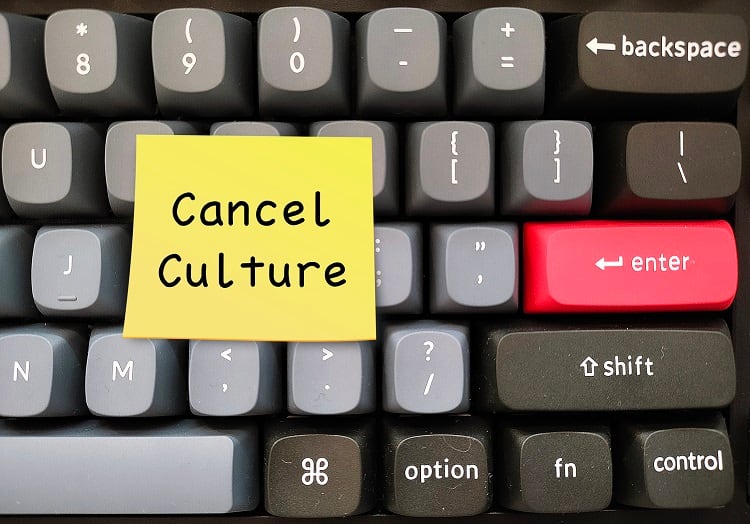
Other concerns exist, including that of alcohol marketing to underage drinkers. According to research, young people in the UK are aware of a range of alcohol marketing and almost one in five own alcohol branded merchandise. In current drinks, alcohol marketing awareness has been associated with increased consumption and greater likelihood of higher-risk consumption.
UK watchdog the Advertising Standards Authority (ASA) banned advertising and social media content from rapper ArrDee and brand Litty Liquor, following complaints Instagram posts breached its code for featuring someone under the age of 25 (ArrDee was 20 at the time).
Is the celebrity booze trend here to stay?
It’s looking likely that celebrity backing of drinks brands is here to stay. Why? The reason is at least two-fold, FoodNavigator understands.
Firstly, alcoholic beverages – and especially spirits – is a high margin segment, making it attractive to outside investment. “Fans especially resonate with celebrities who are authentic in their collaborations or investments,” IWSR’s Rogers told this publication.
“While the trend may slow in the coming years, it’s expected to remain an industry trend.”
YesMore Agency’s Harvey also believes the trend is here to stay, but for another reason. “Our society has been consistent with its obsession with fame for centuries and I expect that won’t change. What might change, however, is how our society perceives fame – and thus celebrity. We’re seeing a younger audience consume content differently, not via Hollywood movies, but via social media and even gaming.”
But as audiences become savvier, with greater focus on morals and ethics, the marketing expert predicts consumers will hold celebrities and their brand partners to account – especially if they’re not upholding a certain level of standards and values.


